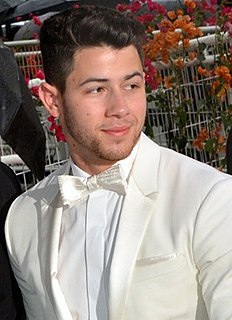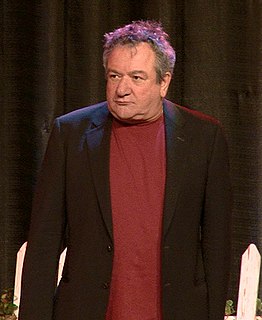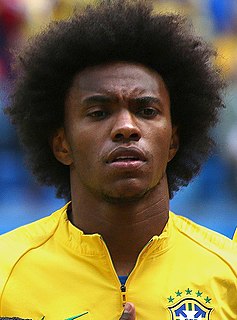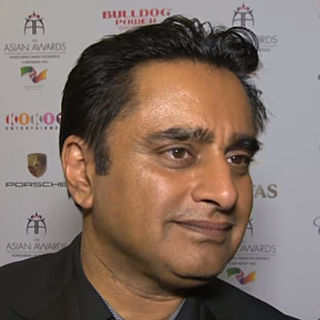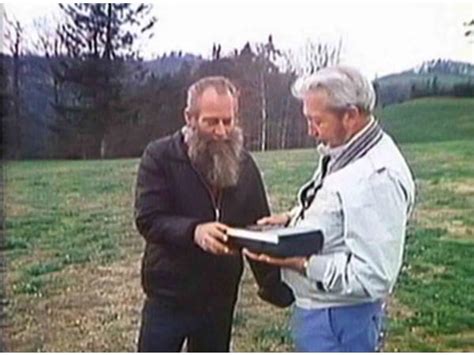A Quote by Nick Jonas
I would have studied English, but I really don't like to read.
Related Quotes
You know, I was a kid who had difficulty speaking English when I first immigrated. But in my head, when I read a book, I spoke English perfectly. No one could correct my Spanish. And I think that I retreated to books as a way, you know, to be, like, masterful in a language that was really difficult for me for many years.
My mother had been an English teacher in India before she came to the U.K., and she taught me to read early on - not only in English, but in Hindi, too. My teachers didn't like the fact that I was reading more quickly than they were teaching, and as a consequence, I would sometimes get bored in class.
Read a lot. But read as a writer, to see how other writers are doing it. And make your knowledge of literature in English as deep and broad as you can. In workshops, writers are often told to read what is being written now, but if that is all you read, you are limiting yourself. You need to get a good overall sense of English literary history, so you can write out of that knowledge.
How would you like your child in kindergarten through 12th grade attending classes with kids who can't read, write, speak or understand English -- or American education values? Furthermore, how would you feel if those students felt zero investment in education, in English and the American way? How would you like your child's education dumbed down to that of a classroom from the Third World? Guess what? Today, if you're a parent of a child in thousands of classrooms across America, that's what's happening to your children with your tax dollars.
